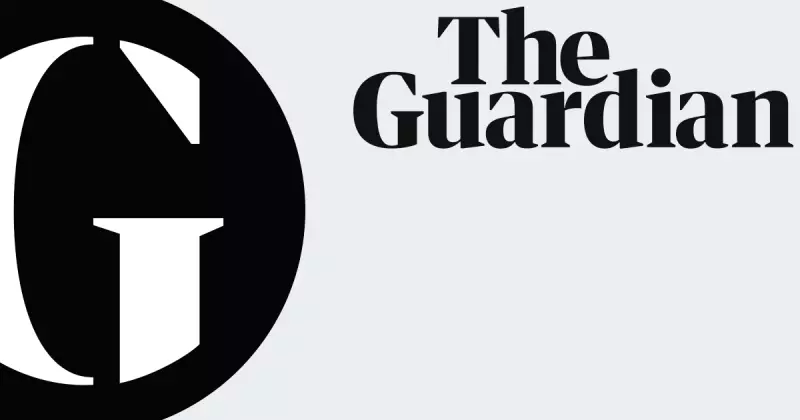
In a dramatic confrontation that has rocked Australia's political establishment, Independent Senator David Pocock has been forcibly removed from the Parliament House sports facilities following a bitter dispute over membership fees.
The former rugby union star turned politician found himself at the centre of an extraordinary standoff when parliamentary security intervened to deny him access to the exclusive gym and swimming pool complex. The confrontation marks an unprecedented escalation in what began as a disagreement over club fees but has now evolved into a broader debate about parliamentary privileges.
The Fee Dispute That Sparked a Political Firestorm
At the heart of the controversy lies Senator Pocock's refusal to pay what he describes as "unjustified" increases to the sports club membership fees. The independent senator has taken a principled stand against the rising costs, arguing they create unnecessary barriers for parliamentary staff and members alike.
"This isn't just about gym access," sources close to the senator revealed. "It's about standing up against what he sees as excessive charging for essential facilities that should be reasonably accessible to those working in Parliament."
Security Intervention Creates Constitutional Questions
The involvement of parliamentary security in enforcing the sports club's membership rules has raised eyebrows across political circles. Legal experts are now questioning whether such measures overstep boundaries when dealing with elected representatives.
One constitutional scholar, speaking on condition of anonymity, noted: "While facilities management falls under parliamentary administration, using security personnel to resolve fee disputes with sitting senators sets a concerning precedent."
Political Reactions and Broader Implications
The incident has sparked heated debate among political colleagues, with some defending the administration's right to enforce membership rules, while others have rallied behind Senator Pocock's protest against rising costs.
The standoff comes at a sensitive time for parliamentary operations, as discussions about modernising workplace facilities and ensuring equitable access continue behind closed doors. Many are watching closely to see how this confrontation will influence future policy regarding member privileges and facility management.
As the dust settles on this extraordinary incident, questions remain about how such disputes should be handled in future, and whether current systems for managing parliamentary facilities adequately serve the diverse needs of Australia's elected representatives.





